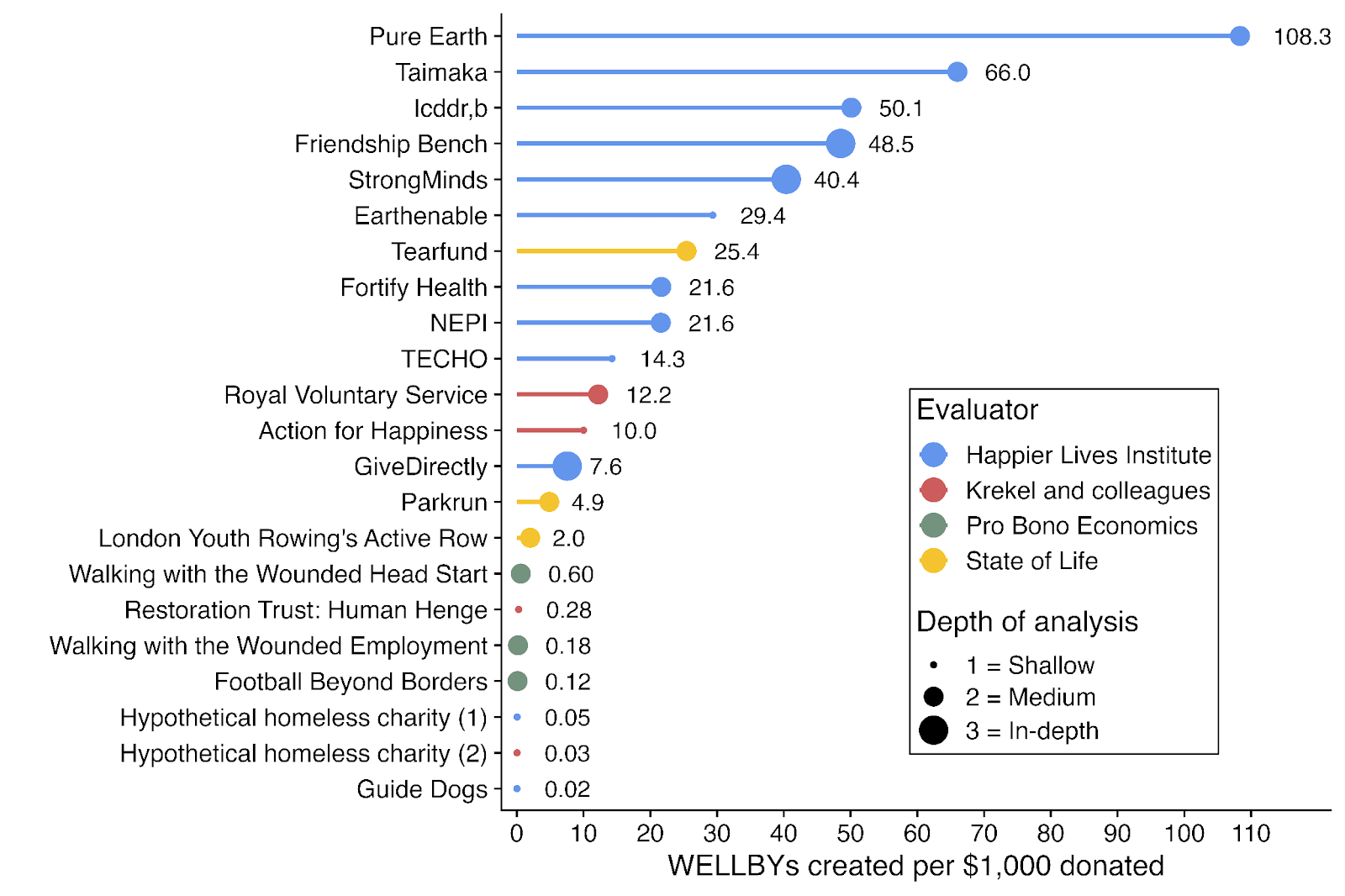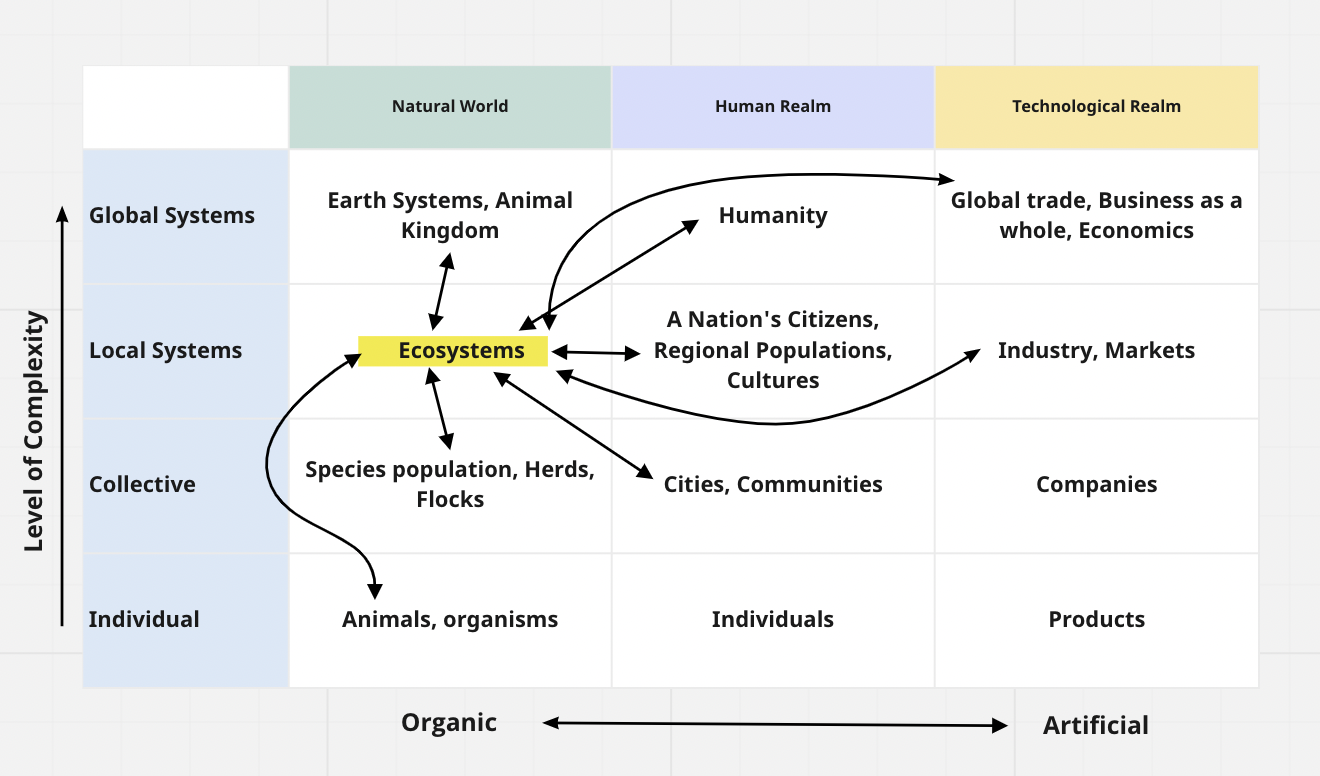There is some (inconclusive) evidence that biodiversity conservation, replacing dirt flooring, and reducing environmental noise exposure might be much more cost effective areas for global health funding than we currently price in. These findings are, in my view, 'big if true' - with a big 'if'.
If you know of additional important research on these topics or are working on any of these areas, I'd be interested in your thoughts!



I think you're right in general, you're just pointing to a different thing than Deena is, so maybe tabooing "biodiversity" might be useful here. They're at OP GHD so unsurprisingly the part of conservation loss they care about is human mortality impact.
A more biodiversity-as-you-said line of thinking fleshed out would probably look like this:
Quantifying species diversity is an interesting mathematical problem in its own right. Tom Leinster's slides make the case that the three popular measures of species diversity (species richness, Shannon entropy, Gini–Simpson index) all problematically diverge from intuitively-desired behavior in edge cases of consequence, so the formalisation you really want is Hill numbers, which depend on a so-called "viewpoint parameter" q that changes how the former are sensitive to rare species. (Your professed stance corresponds to low q; it'd be useful to know if your interlocutors prefer high q; Tom's charts visualise this.) You can then extend this line of reasoning in ways that affect actual conservation policy.